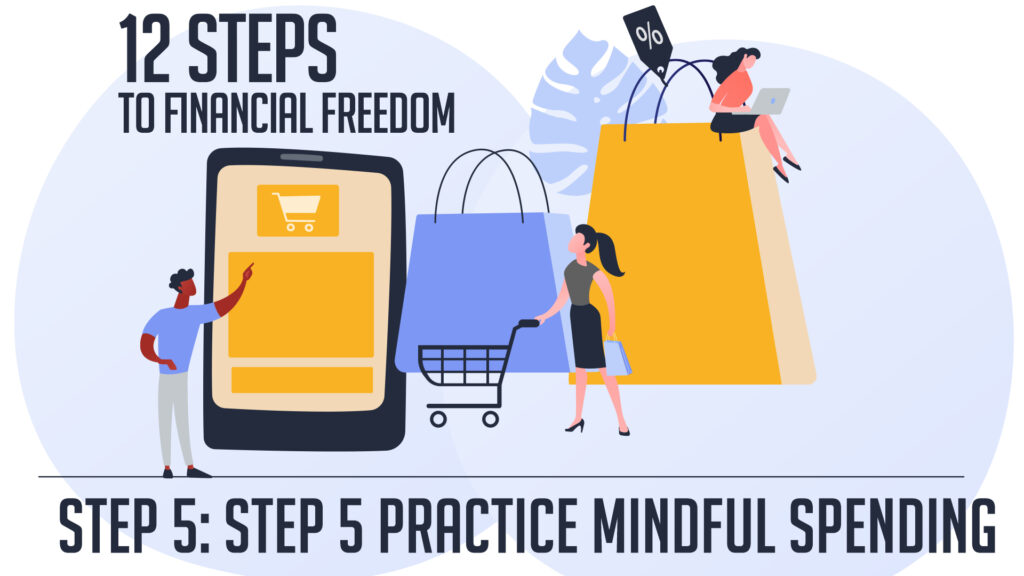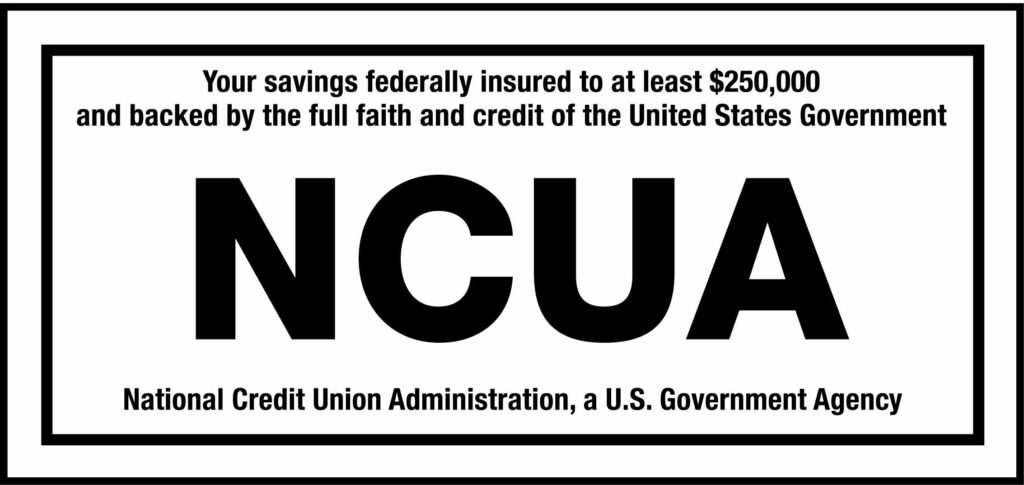The security of your personal information is a top priority at AGCU. Please familiarize yourself with the following information to understand how we protect your privacy and how you can protect yourself from fraudulent activity.
How can you protect your privacy and security?
ATM, Card, and PIN Safety
Choosing an ATM
- Where possible, use ATMs with which you are most familiar. Alternatively, choose well-lit, well-placed ATMs where you feel comfortable.
- Scan the whole ATM area before you approach it. Avoid using the ATM altogether if there are any suspicious-looking individuals around or it looks too isolated or unsafe.
- Avoid opening your purse, bag, or wallet while in the line for the ATM. Have your card ready in your hand before you approach the ATM.
- Notice if anything looks unusual or suspicious about the ATM indicating it might have been altered. If the ATM appears to have any attachments to the card slot or keypad, do not use it. Check for unusual instructions on the display screen and for suspicious blank screens. If you suspect that the ATM has been interfered with, proceed to another ATM and inform the bank.
- Avoid ATMs that have messages or signs fixed to them indicating that the screen directions have been changed, especially if the message is posted over the card reader. Credit unions, banks and other ATM owners will not put up messages directing you to specific ATMs, nor would they direct you to use an ATM that has been altered.
Using an ATM
- Be especially cautious when strangers offer to help you at an ATM, even if your card is stuck or you are experiencing difficulty with the transaction. You should not allow anyone to distract you while you are at the ATM.
- Check that other individuals in the line keep an acceptable distance from you. Be on the lookout for individuals who might be watching you enter your PIN.
- Stand close to the ATM and shield the keypad with your hand when keying in your PIN (you may wish to use the knuckle of your middle finger to key in the PIN).
- Follow the instructions on the display screen, e.g. do not key in your PIN until the ATM requests you to do so.
- If you feel the ATM is not working normally, press the Cancel key and withdraw your card and then proceed to another ATM, reporting the matter to your financial institution.
- Never force your card into the card slot.
- Keep your printed transaction record so that you can compare your ATM receipts to your monthly statement.
- If your card gets jammed, retained, or lost, or if you are interfered with at an ATM, report this immediately to AGCU and/or police using the helpline provided.
- Do not be in a hurry during the transaction and carefully secure your card & cash in your wallet, handbag or pocket before leaving the ATM.
Managing Your ATM Use
- Memorize your PIN (if you must write it down, do so in a disguised manner and never carry it with your card).
- NEVER disclose your PIN to anyone, whether to a family member, bank staff or police.
- Do not use obvious and guessable numbers for your PIN like your date of birth, or the last four digits of your phone number.
- Change your PIN periodically, and, if you think it may have been compromised, change it immediately.
- Set your daily ATM withdrawal limit at your branch at levels you consider reasonable.
- Regularly check your account balance and bank statements and report any discrepancies to AGCU immediately.
ATM Security Tip
- An ATM scam involves thieves putting a thin, clear, rigid plastic sleeve into the ATM card slot. When you insert your card, the machine can’t read the strip, so it keeps asking you to re-enter your PIN number.
- Meanwhile, someone behind you watches as you tap in your number. Eventually, you give up, thinking the machine has swallowed your card and you walk away. The thief then removes the plastic sleeve complete with card information and empties your account.
- The way to avoid this is to run your finger along the card slot before you put your card in. The sleeve has a couple of tiny prongs that the thieves need to get the sleeve out of the slot, and you’ll be able to feel them.
Card and PIN Safety
- Report lost or stolen credit cards immediately!
- If you lose your card, you can temporarily deactivate it by logging into your mobile banking app and selecting the “Card Controls” tab.
- Sign your card on the signature panel as soon as you receive it.
- Protect your cards as if they were cash—never let them out of your sight.
- Don’t leave your credit cards in your car’s glove compartment. An alarmingly high proportion of all credit card thefts are from car glove compartments.
- Never write down your PIN—memorize it.
- Ensure that you get your card back after every purchase.
- Always check sales vouchers for the correct purchase amount before you sign them, and keep copies of your vouchers and ATM receipts.
- Always check your billing statement and verify the amounts of your purchases.
- Make a comprehensive list of all your cards and their numbers and store it in a safe place.
- Don’t volunteer any personal information when you use your credit card, other than by displaying personal ID as requested by a merchant.
- Don’t lend your card to anybody. You are responsible for its use. Some credit card misuse can be traced directly to family and friends.
- Never disclose your PIN to anyone. No one from a financial institution, the police, or a merchant should ask for your PIN. You are the only person who needs to know it. When selecting a PIN, always avoid the obvious—your name, telephone number, date of birth, or any simple combination thereof.
- To ensure the proper use of your debit card while traveling in foreign countries, please contact a AGCU representative for assistance.
Online and Email Security
Email Security
AGCU does not request personal information on our clients via email. Please contact our Member Care by phone or email if you are suspicious about email requests regarding your financial account information. Below are some helpful suggestions to protect you from phishing and fraudulent emails:
- Automatically be suspicious of unsolicited emails, especially those that have attachments or links. Don’t trust the links or open the attachments!
- Hover your mouse cursor over links in email messages to verity a link’s actual destination, even if the link comes from a trusted source.
- Type in website addresses, rather than using links from unsolicited emails.
- If an email from a friend or colleague seems suspicious, call them and ask if the email is legitimate.
- Be suspicious of phone numbers in emails. Use the phone number found on your card or statement or in a trusted directory instead.
- Scammers are always looking for opportunities to steal your account information by crafting emails that appear to be from AGCU, or your credit card providers. Responding to these emails with your account information could lead to financial losses or identity theft.
- Be especially cautious of any email message that requests personal data-such as passwords, PINs, or your social security number-or sends you to a web site that asks for such information. These messages may be attempts to steal your identity, your account information, or your login credentials.
- Never send payment information via email. Unlike secure web sites that protect your private data, email-or any other exchange of information over the Internet, such as instant messaging-is not fully protected from being read by outside parties.
- Fraudulent emails may be in circulation claiming to be from the IRS, or other government agencies. These emails claim try to get you to act by inciting fear or enticing you with false claims that you have committed tax fraud or that you are entitled to refunds or benefits. Trust your intuition, if it sounds suspicious, normally it is. Contact the IRS or government agency directly if you are unsure – (do not use the numbers or contact data in the email, as they may be fraudulent).
- If you have received a fraudulent email that appears to be from AGCU, please click here to notify AGCU of the specifics of the illegal email (including a print screen of the email would be helpful).
Note: Never send personal information via email.
If you are using Bill Pay and a new screen appears out of context asking you to provide sensitive information, do not provide this information. If in doubt of the validity of a Bill Pay screen, please contact Member Care at (417) 831-4398 or 866-508-AGCU (2428).
Malware
Malware is malicious software that includes computer viruses, spyware, destructive agents, and ransomware. You can get malware on your computer in many different ways, but it most commonly comes from compromised websites you may have visited, or from email messages. Some malware will merely track your browsing and searching habits, recording where you go and how often. However, some more dangerous malware can cause you to fall victim to hackers, who use it to steal your identity, your account credentials, and other personal information from your computer. Other malware may destroy or disable files on your computer. Below are some recommendations to help avoid getting malware, and to help you protect your privacy and security.
- Always run Anti-Virus software on your computer or mobile device, and make sure it is updated regularly.
- Never open attachments or run files that are sent to you via a suspicious email message (see email precautions above).
- Use extreme caution when visiting websites you are not familiar with, especially if they are asking you to enter personal information, or login credentials.
- Don’t use the same password on all of your accounts. If hackers manage to steal your password on one of your accounts, they will have access to everything.
- If you think you have malware on your computer, stop using it immediately and disconnect it from the Internet. Seek technical assistance from your product vendor or a local computer service shop.
Identity Theft Protection
Identity theft occurs when someone uses your personal information such as your name, Social Security number, credit card number or other identifying information without your permission to commit fraud or other crimes.
Identity theft is a serious crime. People whose identities have been stolen can spend months or years – and much of their hard-earned money – cleaning up the mess thieves have made of their good name and credit record. In the meantime, victims may lose job opportunities, be refused loans, education, housing or cars, or even get arrested for crimes they didn’t commit.
If you think your identity has been stolen, here’s what to do now:
- Contact the fraud departments of any one of the three major credit bureaus to place a fraud alert on your credit file. The fraud alert requests creditors to contact you before opening any new accounts or making any changes to your existing accounts. As soon as the credit bureau confirms your fraud alert, the other two credit bureaus will be automatically notified to place fraud alerts, and all three credit reports will be sent to you free of charge. The companies’ toll-free numbers are: Equifax, 1.800.525.6285; Experian, 1.888.397.3742; and TransUnion, 1.800.680.7289.
- Close the accounts that you know or believe have been tampered with or opened fraudulently. Use the ID Theft Affidavit when disputing new unauthorized accounts.
- File a police report. Get a copy of the report to submit to your creditors and others that may require proof of the crime.
- File your complaint with the FTC. The FTC maintains a database of identity theft cases used by law enforcement agencies for investigations. Filing a complaint also helps us learn more about identity theft and the problems victims are having so that we can better assist you. (FTC Hotline 1.877.438.4338)
For more detailed information on recovering after ID Theft, download this pdf from the FTC: IDENTITY THEFT – A RECOVERY PLAN (formerly TAKE CHARGE: FIGHTING BACK AGAINST IDENTITY THEFT). This revised booklet helps consumers remedy the effects of ID Theft, describes what steps to take, consumers’ legal rights, and how to handle specific problems on the way to clearing their name.
Frauds & Scams
From counterfeit checks to sweepstakes and lottery winnings, if it sounds too good to be true, it probably is. Many forms of solicitation can be legitimate but learn to recognize those that aren’t. Find out more here.
Ethics Hotline: 877.888.0002
AGCU will never call, email or text message you to ask for your personal info or online banking credentials. If you suspect someone is trying to gain access to your account, please contact us at (417) 831-4398 or 866-508-AGCU (2428).
Mail & Phone Safety
Mail and telephone solicitation bring many tempting offers, but not all are legitimate. What can you do to protect yourself? Find out more here.
As a reminder: AGCU will never call, text or email asking for your account information or debit card number. DO NOT SHARE your online banking credentials, passwords or pin numbers. Be very cautious with unsolicited emails, phone calls and texts. If you suspect someone is trying to gain access to your account, please contact us at (417) 831-4398 or 866-508-AGCU (2428).
What should Members do if they receive a suspicious call or email?
- AGCU will never ask you for your account number(s), User IDs, passwords, or debit or ATM card information by email or in a phone call initiated by us (if you call us, we may need to verify some pieces of information but this will NEVER include asking you for any of your passwords).
- If you receive such an inquiry from someone claiming to be from AGCU, do not respond to the email or call the number provided by the email or call.
- If you are unsure of the authenticity of any inquiry, call us at our Main Office (417) 831-4398 or 866-508-AGCU (2428), and DO NOT call the number in the email or phone message.
- If the email appears to be an attempt at Phishing (for a definition of Phishing, see below) using AGCU’s corporate identity, contact us immediately at (417) 831-4398 or 866-508-AGCU (2428). You can then forward the email to the Anti-Phishing Working Group at: reportphishing@apwg.org.
- Be sure to delete suspicious emails from your Inbox and clean out your Deleted Items folder.
- If you have responded and provided information, contact us immediately at (417) 831-4398 or 866-508-AGCU (2428), and we will determine what steps to take to protect your information.
How We Protect Your Information
AGCU understands how important it is that your data and your online banking activities are safe and secure. AGCUemploys the latest technology to ensure a secure online banking experience.
AGCU uses industry-standard technology, including data encryption using 128-bit Secure Sockets Layer (SSL) protocol, and firewalls. Each security component acts as a layer of protection to safeguard sensitive data from unauthorized users.
User IDs & Passwords
- A user ID and password are required to log in to our Online Banking platform.
- You will be required to change your password periodically to further secure your account access.
- You must answer security questions when enrolling for Online Banking.
- You should NEVER share your user ID or password or the answers to your security questions with anyone.
- You are responsible for the safekeeping of your password and you agree not to disclose or otherwise make the password available to anyone who is not authorized to sign on your accounts.
- If you log in to an online banking session and then leave your computer, our system will log you out automatically after 20 minutes of inactivity.
Data Encryption
- Once you have correctly logged in, you will enter a secure environment in which you can conduct your transactions safely.
- Information you provide while logged into Online Banking is encrypted, meaning your account information is encoded as it moves between your computer and AGCU’s computer systems. This makes information nearly impossible for anyone other than AGCU to read it. Any information AGCU provides to you is also encrypted.
Firewalls
- AGCU is protected by a series of firewalls that verify the source and destination of the requests coming into the Bank’s servers.
- A firewall is set up to deny any unauthorized traffic. Firewalls are designed to only allow legitimate data through to AGCU systems.
24/7 Debit & ATM Card Fraud Monitoring
- AGCU cardholders are protected by a 24/7, 365 days a year Debit & ATM card monitoring system.
- Fraud trends change daily, and the fraud prevention team consists of experts whose job is to recognize these trends and protect our cardholders from the latest card scams.
- The fraud prevention team reviews suspicious authorizations for potential fraud, monitors compromised card alerts from Visa® and MasterCard®, reports confirmed fraud to Visa and MasterCard and recommends card closures and reissues to protect the Bank’s cardholders.
The above security measures keep your transactions safe and secure over the Internet while using AGCU Online Banking service.
Types of Fraud
Phishing
Phishing is the most common online fraud. Consumers are randomly targeted by criminals sending out mass emails usually containing an urgent message regarding account status, with instructions to click a link within the email directing them to a fraudulent website. Once the consumer clicks the link, he/she is exposed to the threat of having personal information stolen, including bank account information, user IDs and passwords, and social security numbers.
Regardless of how legitimate an email or website may appear, NEVER respond to any email that instructs you to provide ANY personal information.
Vishing
Vishing is similar to the phishing scam. Vishing (a combination of the words “voice” and “phishing”) involves a live or automated phone call made to a victim, alerting the consumer that their debit card, or bank account has had fraudulent or unusual activity, followed by instructions to call a phone number immediately. When the victim calls this phone number, it is typically answered by automated instructions to enter credit or debit card information, bank account information or other private information such as PIN, date of birth, social security number, etc. Once the consumer enters this information, the scammer has the information necessary to steal funds using the victim’s debit card, or their bank account information.
The vishing phone number can show up on caller ID as the name of the financial institution they claim to represent. Be highly suspicious of ANY message directing you to call and provide credit, debit or bank account information. Contact AGCU or credit card company directly to verify the validity of the message.
Malware
The word malware is a combination of the words “malicious” and “software”. Malware is software that criminals use to secretly gain access to your computer, and includes spyware, worms, trojan horses and computer viruses. Once your computer is infected with malware, criminals can use it to steal your financial and other information, as well as inflict damage to your computer system and software.
We caution consumers to be exceedingly careful before opening unknown emails or email attachments, and before downloading any files from the Internet. If you do open attachments or download files from unknown sources, you are opening your computer to the risk of becoming infected with malware.
WARNING!: Lottery/Sweepstakes Scams
Scams that involve the promise of winnings have become very common. We’ve had several bank members fall victim to such scams over the past several years. The scam has many different variations, but generally it goes something like this:
You will receive a letter in the mail or an email stating that you have won a specific amount of money (the amount varies). As a condition of receiving your winnings, you are told that there are costs that you, the winner, must cover. You may be required to pay for the armored truck to transport the cash to you, or to pay for the transfer fees, or the letter might claim to require payment of taxes before the money can be awarded. There are an endless number of ways that the scammer may attempt to get money out of the “winner” before they will send the funds*. The problem is this: there are no funds and you are not a winner. You are the victim of a scam. If you send them any money they will keep it, and you will never see a dime of any supposed “winnings”. This scam plays off the desire of individuals to make an easy buck, or to get something for nothing. If you receive a letter that states that you have won money, DON’T SEND MONEY TO ANYONE. If you believe you truly are a winner, please consult with a qualified attorney before doing anything else. If you do send money, you will likely never see that money again.
SCAMMERS ARE PERSISTENT AND MAY KEEP TRYING TO GET MONEY EVEN AFTER THEY’VE BEEN FOUND OUT. ONE MEMBER DISCOVERED SHE’D BEEN SCAMMED AFTER SPEAKING WITH US, ONLY TO HAVE AN ACCOMPLICE OF THE SCAMMER CALL HER CLAIMING TO BE FROM THE FBI. THIS ACCOMPLICE CLAIMED THAT THE FBI WAS INVESTIGATING THE SCAM, BUT THERE WAS A CATCH. TO CONTINUE THE INVESTIGATION AND TO SECURE HER REAL “WINNINGS”, THE FBI WOULD NEED $400 TO PROCEED. OBVIOUSLY, THE FBI IS A GOVERNMENT INSTITUTION AND DOESN’T REQUIRE PRIVATE PAYMENT TO CONDUCT INVESTIGATIONS. IT GOES WITHOUT SAYING THAT SCAMMERS WILL DO ANYTHING IN AN ATTEMPT TO DEFRAUD THEIR VICTIMS.
Responding to Fraud
If you suspect your personal information has been compromised, contact our Member Services department immediately at (417) 831-4398 or 866-508-AGCU (2428).
You may also contact the three major credit bureaus to place a fraud alert on your credit file:
(By clicking these links you will be leaving AGCU website.)
Any emails that you suspect are attempts at Phishing should be forwarded to:
Banking With A Purpose
Much more than a catchphrase, our tagline is our passion, our reason why we do what we do. This is the impact of your membership with AGCU.
Learn More About Banking with a Purpose
More articles
Like us on Facebook!
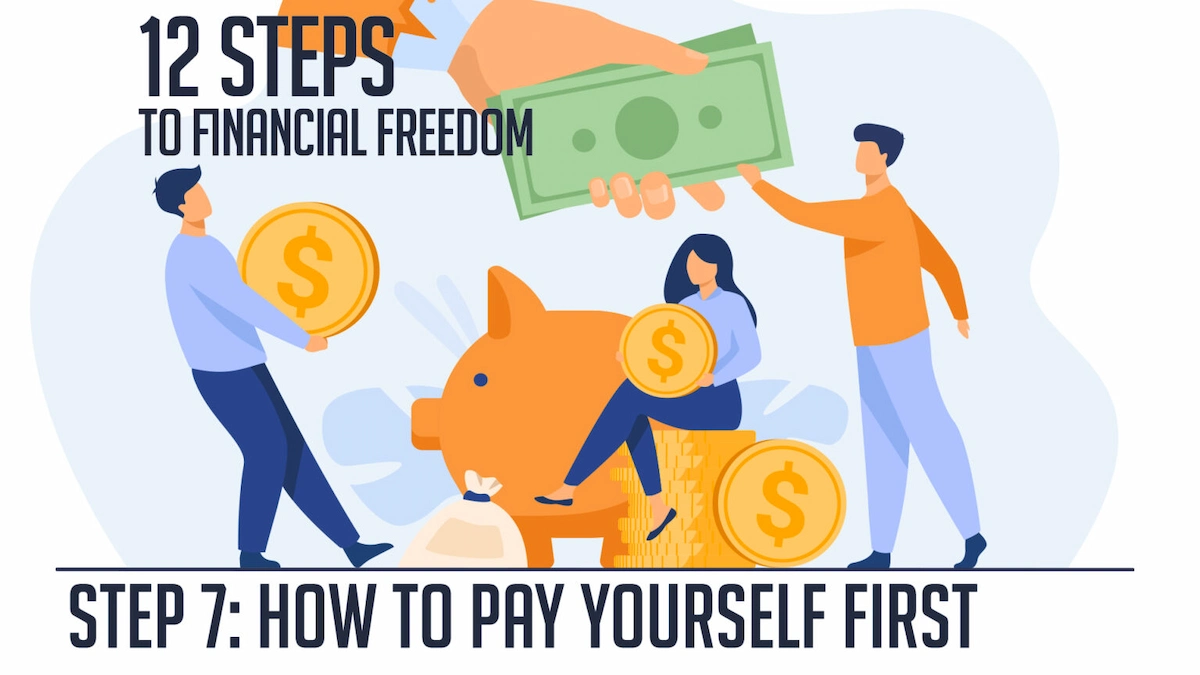
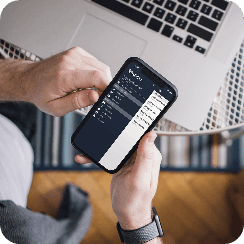

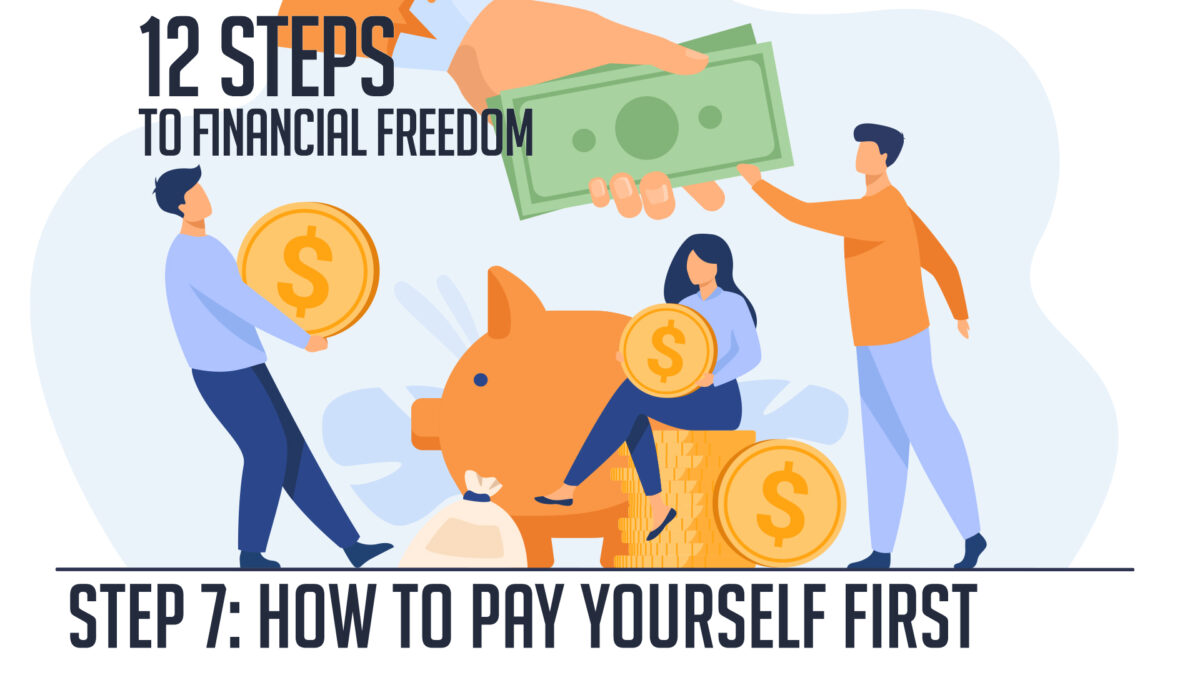

























 Where? Ozark Shooters Sports Complex
Where? Ozark Shooters Sports Complex Registration: 8 am – 9 am
Registration: 8 am – 9 am
